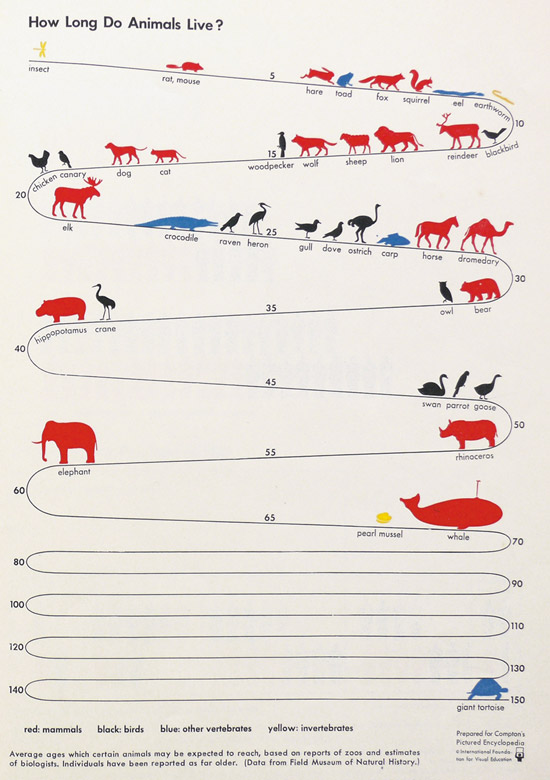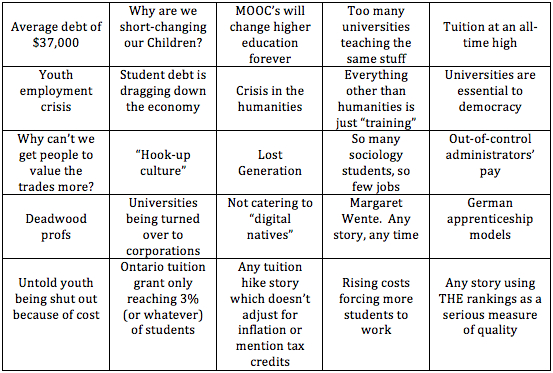You’ve heard about the mysterious colony collapse disorder (CCD) that has been devastating bee colonies across the world, right? This is serious, as bees are a very important part of the pollenization of many crops. As you’ll know from many media reports, this is a food disaster unfolding before us and we’re all going to starve! Or, looking at the facts, perhaps not:
In a rush to identify the culprit of the disorder, many journalists have made exaggerated claims about the impacts of CCD. Most have uncritically accepted that continued bee losses would be a disaster for America’s food supply. Others speculate about the coming of a second “silent spring.” Worse yet, many depict beekeepers as passive, unimaginative onlookers that stand idly by as their colonies vanish.
This sensational reporting has confused rather than informed discussions over CCD. Yes, honey bees are dying in above average numbers, and it is important to uncover what’s causing the losses, but it hardly spells disaster for bees or America’s food supply.
Consider the following facts about honey bees and CCD.
For starters, US honey bee colony numbers are stable, and they have been since before CCD hit the scene in 2006. In fact, colony numbers were higher in 2010 than any year since 1999. How can this be? Commercial beekeepers, far from being passive victims, have actively rebuilt their colonies in response to increased mortality from CCD. Although average winter mortality rates have increased from around 15% before 2006 to more than 30%, beekeepers have been able to adapt to these changes and maintain colony numbers.
[…]
“The state of the honey bee population—numbers, vitality, and economic output — are the products of not just the impact of disease but also the economic decisions made by beekeepers and farmers,” economists Randal Rucker and Walter Thurman write in a summary of their working paper on the impacts of CCD. Searching through a number of economic measures, the researchers came to a surprising conclusion: CCD has had almost no discernible economic impact.
But you don’t need to rely on their study to see that CCD has had little economic effect. Data on colonies and honey production are publicly available from the USDA. Like honey bee numbers, US honey production has shown no pattern of decline since CCD was first detected. In 2010, honey production was 14% greater than it was in 2006. (To be clear, US honey production and colony numbers are lower today than they were 30 years ago, but as Rucker and Thurman explain, this gradual decline happened prior to 2006 and cannot be attributed to CCD).
H/T to Tyler Cowen for the link.








